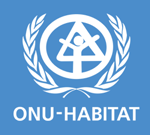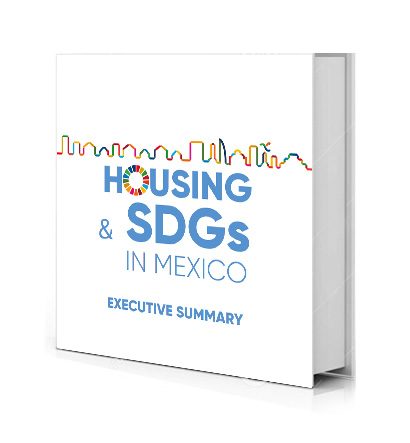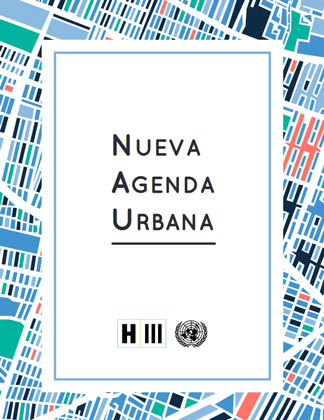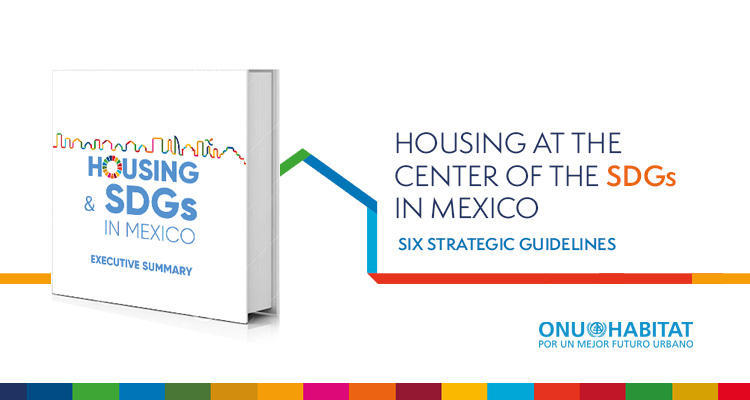
UN-Habitat estimates that, at least, 38.4 % of Mexico’s population lives in inadequate housing; that is, in overcrowded conditions, or made without durable materials or lacking proper water or sanitation services.
UN-Habitat Mexico
April, 2019
Share
This estimation might be even more substantial, when taking into consideration the location of housing in risk areas and the absence of security of land tenure as factors of precariousness and vulnerability, as well as the number of people living in housing developments located far from consolidated urban areas, where employment and quality public services are insufficient; and those who live in housing that is not sufficiently adapted to climate conditions, their physical needs or cultural identity, as a consequence of mass production that to a significant extent has not taken into account specific territorial conditions.
The challenges of the housing sector in Mexico
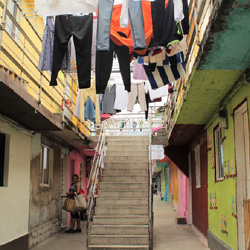
In the last two decades, Mexico promoted a financing and housing subsidy model that achieved the construction of more than nine million new housings with the aim of reducing the historical housing deficit of the country; however, significant challenges remain in housing matters in Mexico in terms of social inclusion, economic growth, environmental protection and inter-institutional coordination:
- The inadequate location of affordable housing and non-affordability of intra-urban housing for all.
- The persistence of inadequate housing that specially impact on the most vulnerable groups and no correspondence between the predominant housing solutions and the characteristics of the lag.
- The lack of a national policy for social rental housing, to the detriment of housing solutions for vulnerable groups.
- Absence of actions for the regeneration and consolidation of existing urban fabrics, particularly of precarious settlements.
- Severe environmental imbalances generated by the accelerated urban expansion of cities on cultivable or environmental preservation land, a situation that increases exposure and vulnerability to climatic disasters.
- Inefficient consumption of resources throughout housing’s life cycle, a situation that generates high Greenhouse Gases emissions into the atmosphere.
Facing the challenges
To address these challenges, UN-Habitat proposes six strategic guidelines, 16 proposals and 49 specific action lines to place housing as a crucial sector in national actions to comply with the 2030 Agenda, from a perspective that places people and Human rights at the forefront of sustainable urban development policies, in order not to leave anyone or any place behind.
1. Promote intraurban social housing
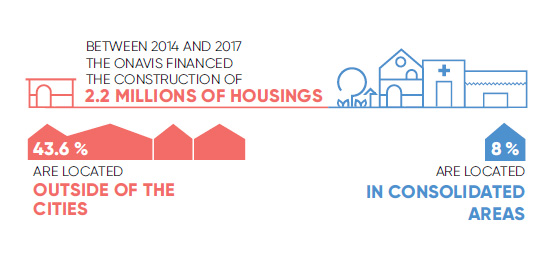
Reduce speculation on the intraurban land for social housing through the implementation of fiscal schemes about vacant plots of land and urban management tools. Learn more...
2. Facilitate the access of vulnerable groups to adequate housing
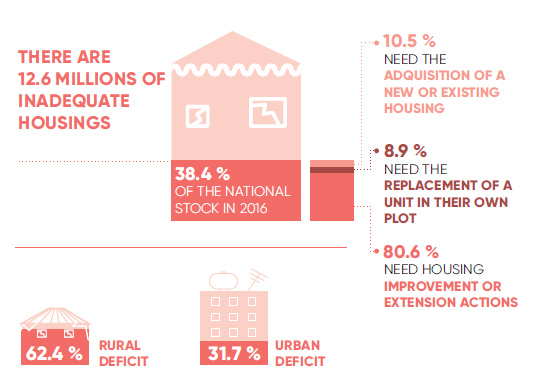
Adapt the financing of housing solutions to the specific needs of the population. Learn more...
3. Foster social rental housing
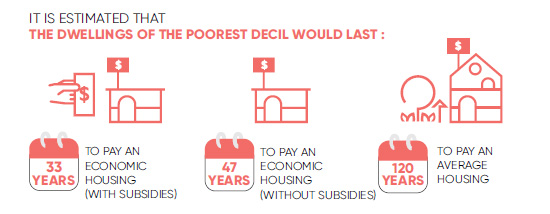
Increase the capacity of the low-income population to pay a rent for adequate housing, through direct subsidies and the construction of a public housing stock for social rental. Learn more...
4. Improve the deficient urban fabric
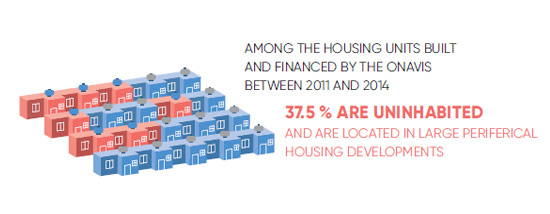
Establish an inter-institutional strategy to intervene large peripheral housing developments and improve public services in precarious settlements. Learn more...
5. Reduce the environmental impact of housing and increase its resilience
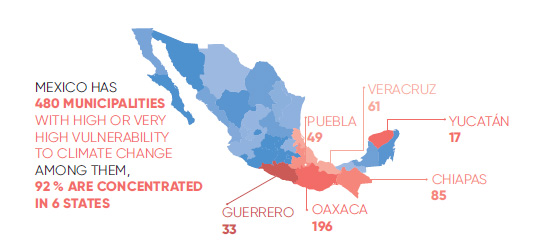
Reduce the physical vulnerability of the housing stock to natural and climatic hazards. Learn more...
6. Optimize the life cycle of housing
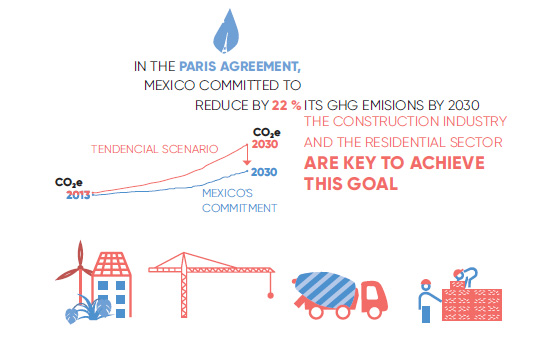
Strengthen the institutional framework to promote the transition of the construction and housing industry towards a circular economy. Learn more...

Altogether, these proposals and action lines are aimed at encouraging that the housing sector in Mexico become a central element of national actions to comply with international commitments on sustainable development, mitigation of polluting emissions, adaptation and reduction of risks in the face of climate change, in a framework of alignment with the Sustainable Development Goals of the 2030 Agenda and full guarantee of the Human Rights for all.
Share
